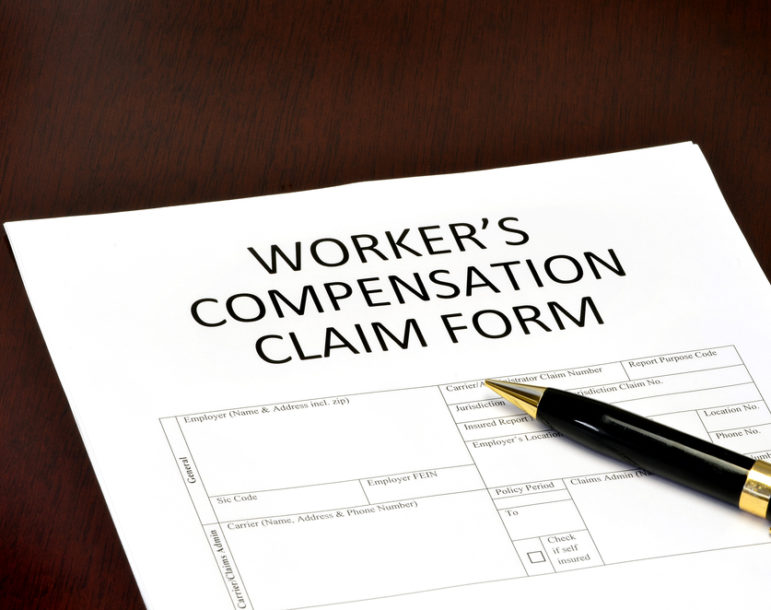One of the most dangerous jobs on any construction site is working underground in a trench during a variety of different projects. As a workers comp lawyer in Middletown NJ knows, hundreds of workers are injured here in New Jersey and across the country each year in trench collapse accidents, and, according to a report issued by the National Institute for Occupational Safety and Health, over two-thirds of those injuries happen to workers with small construction firms (those with fewer than 50 employees).
Fortunately, workers who suffer those sorts of injuries do have options. If the injury was caused by a third party, the worker or their family may be able to pursue a personal injury or wrongful death suit against the party responsible. Alternatively, the worker may also have a worker’s compensation claim open to them for the wide array of potential injuries that may result from trench work.
Types of Injuries
Working in underground trenches can bring workers into contact with many different hazards. One of the most obvious is the possibility of the trench collapsing, which can cause broken bones, traumatic brain injuries, and even death. However, as a Middletown NJ workers comp lawyer can explain, there are other dangers as well. Workers digging trenches must be careful to avoid utility lines like gas pipes or electricity. If the company or the city did not properly inform the workers of the line’s placement, the workers could be at risk for electrocution or injuries from explosions. Additionally, trenches and similar underground work areas often suffer from poor ventilation. Without proper care to ensure fresh air for workers, they run the risk of suffocation.
OSHA Standards
Because of these many dangers from trench work, OSHA has produced a set of regulations that govern what steps companies should take to ensure the safety of their workers. In addition to preventing accidents before they happen, the regulations can also be useful in lawsuits for demonstrating that a third party, like a subcontractor, acted unsafely when building the trench. Some common safety steps that OSHA requires include:
- The use of trench boxes to prevent wall collapses
- Utility mapping and soil quality testing prior to excavation
- Air quality tests to determine the levels of oxygen as well as certain poisonous gasses
- Inspections of the stability of the trench following a rainstorm
- Proper safety barricades surrounding trenches to prevent worker falls
- A prohibition on overhead work in the areas above trenches
However, those steps are just some examples of the precautions set out in the OSHA regulations.
Call Our Office for Help
If you or a loved one has recently suffered an injury from a trench collapse or other construction work, contact a Middletown NJ workers comp lawyer from Rispoli & Borneo P.C. and find out what legal options you may have. Call today to schedule a free and confidential case evaluation.

